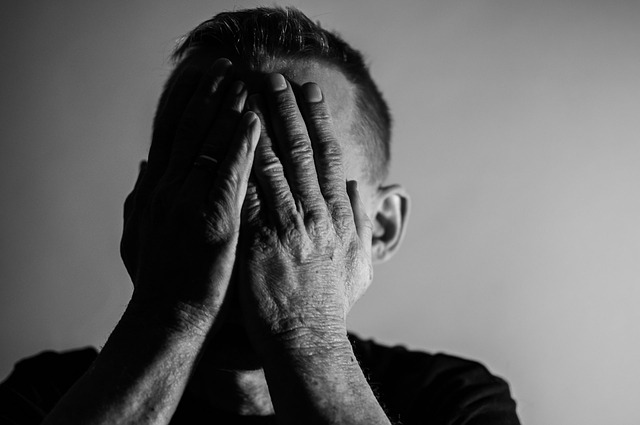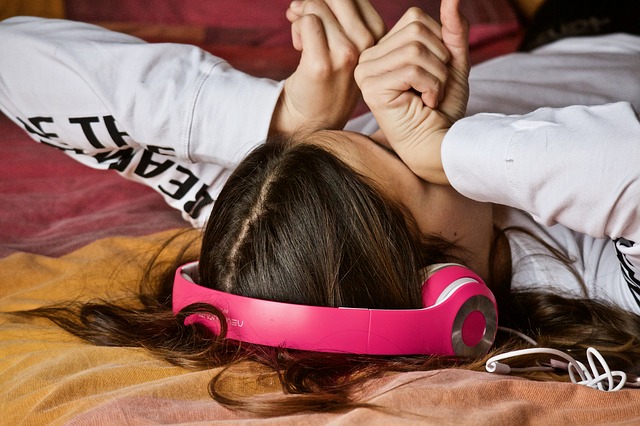Mentioned below are symptoms of insomnia –
- Trouble falling asleep.
- Difficulty staying asleep. Waking up in the midst of the night and then having trouble falling back asleep.
- Waking up early in morning.
- Not feeling fresh after sleeping (known as non-restorative sleep). Experiencing low energy or fatigue most of the time.
- Difficulty in concentrating, retaining or remembering information.

Dr Prerna Kohli India’s Top Psychologist Talks about 7 Signs you have Insomnia - Feeling irritable, acting impulsively or aggressively.
- Lack of muscle coordination, slowing down of reflexes, and headaches.
Identify signs of insomnia that you may have using the following tips –
- Assess how long it takes you to fall asleep.
- Monitor your sleep. If you wake up in the midst of the night, note down the time. See how many hour of continuous sleep you are getting.
- See if you don’t feel well-rested and refreshed after sleeping, or feel tired during the day.

Dr Prerna Kohli India’s Top Psychologist Talks about 7 Signs you have Insomnia - Monitor for mood changes. Make sure your insomnia is not the result of some other psychological disorder such as anxiety or depression.
As a result of these cognitive impairments, mood disturbances, and behavioral problems, one might face trouble not just at school or work, but also in one’s personal life. Other than affecting one’s productivity, insomnia can affect one’s relationships and enjoyment of life as well.
If left untreated, over time insomnia can have negative effects on one’s general overall health, making one more prone to illnesses such as heart diseases, obesity, diabetes and hypertension. If you too are experiencing chronic insomnia, then make sure you seek professional help.

